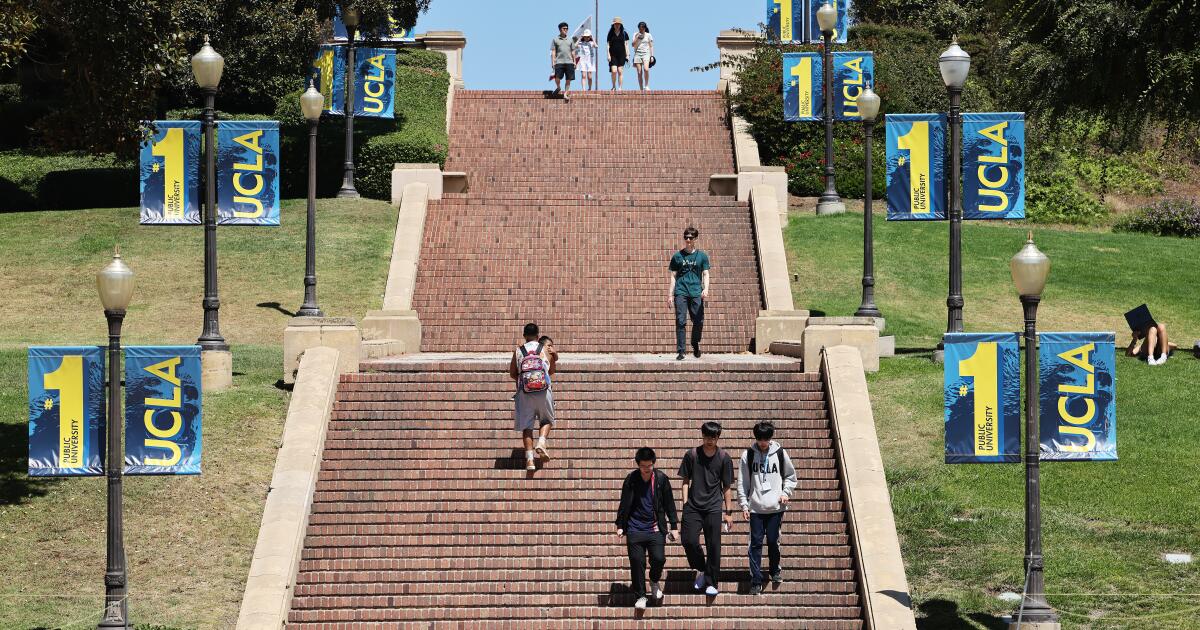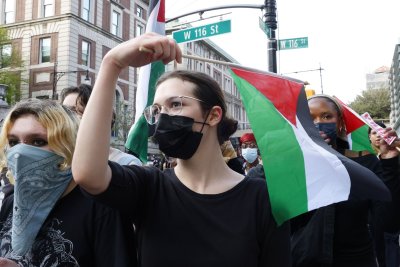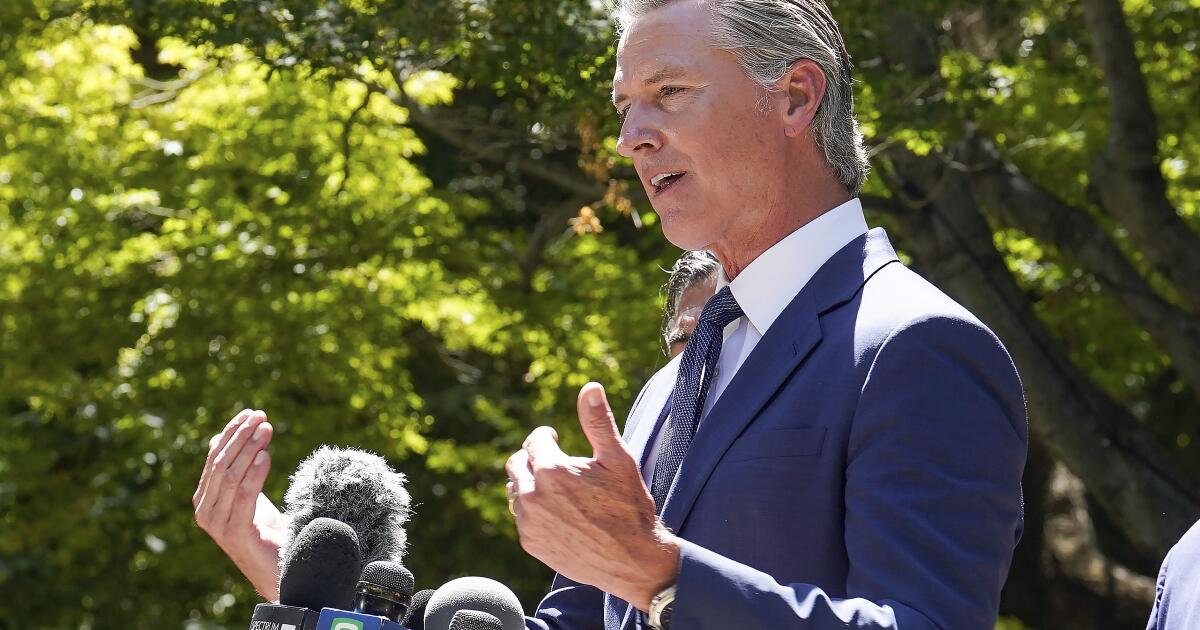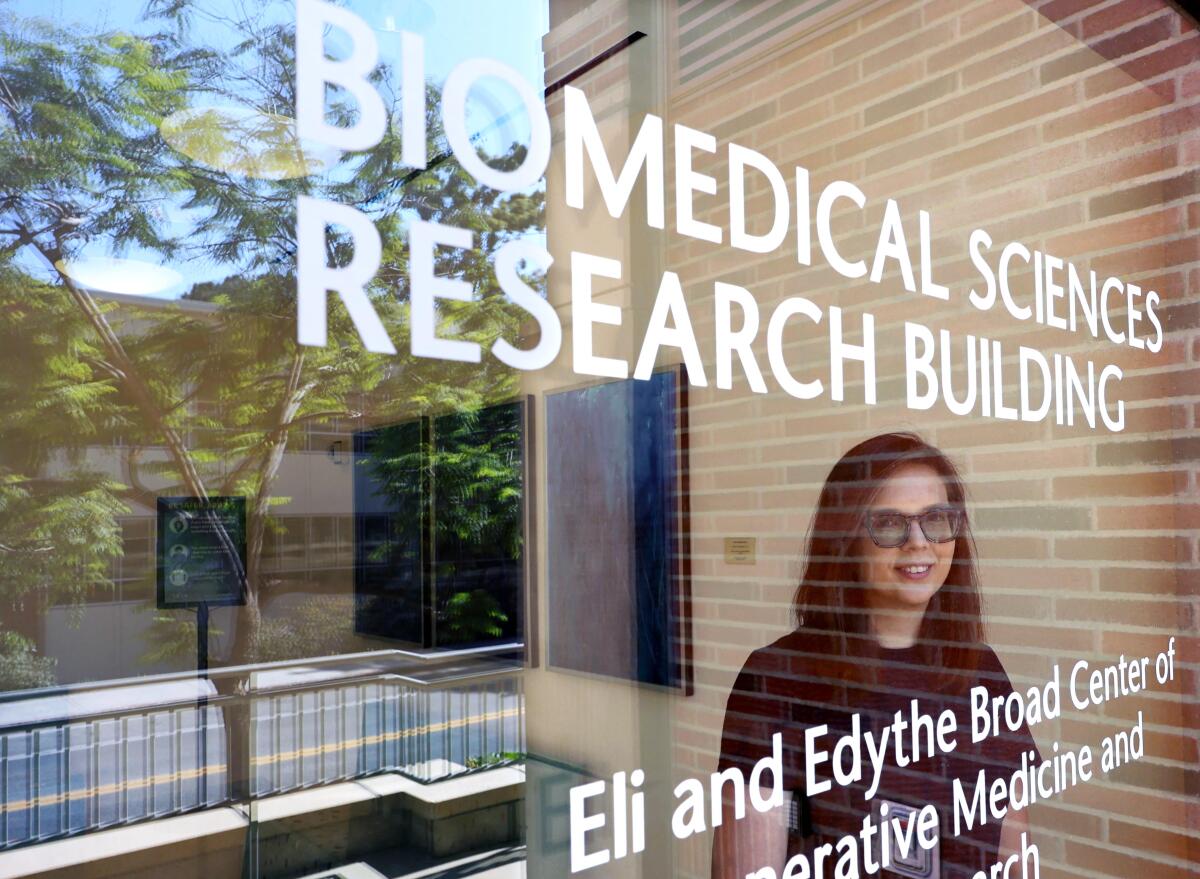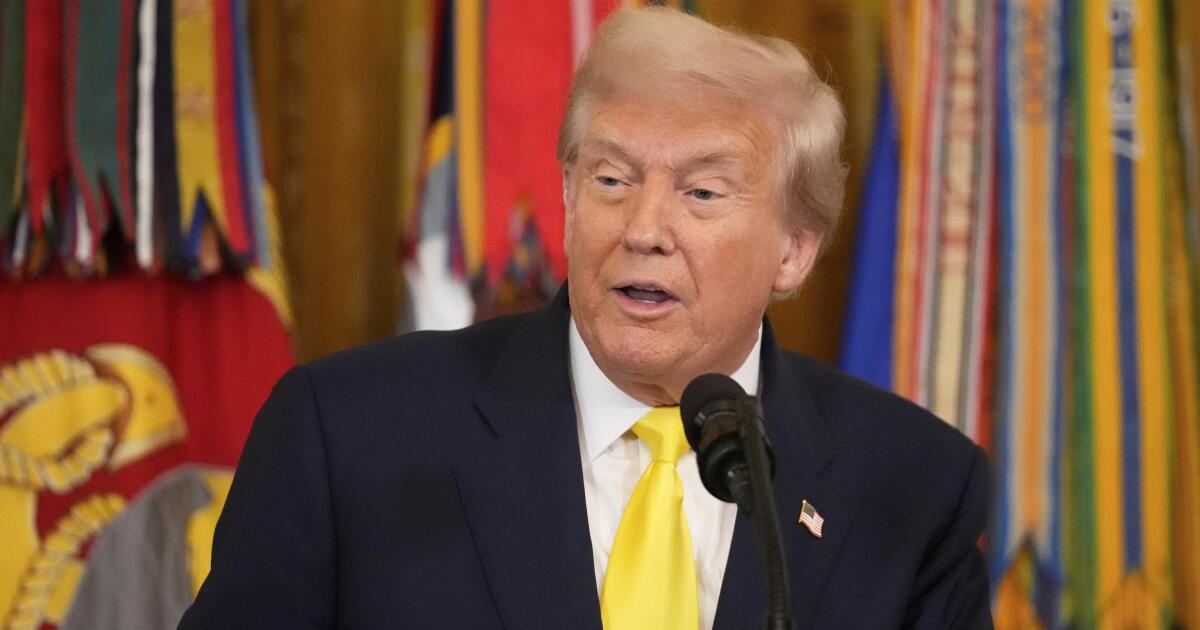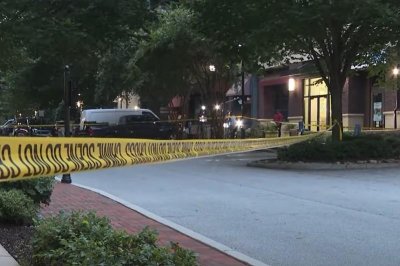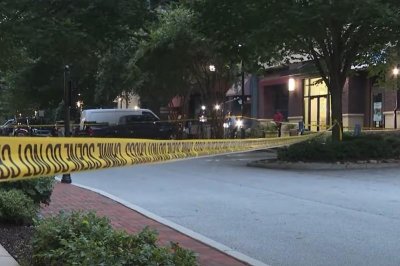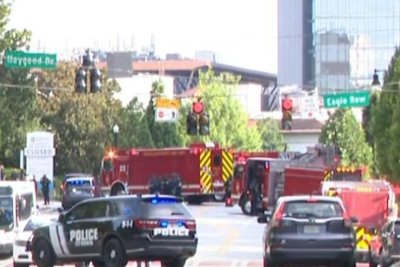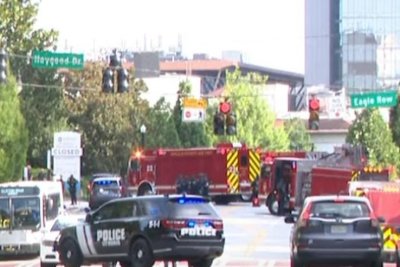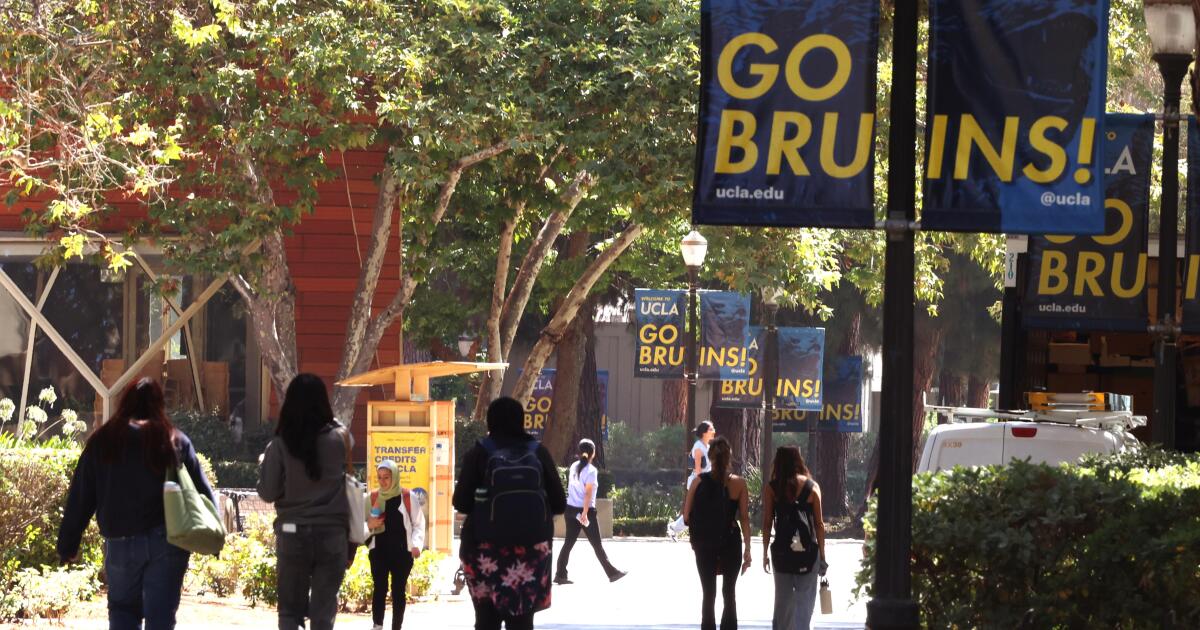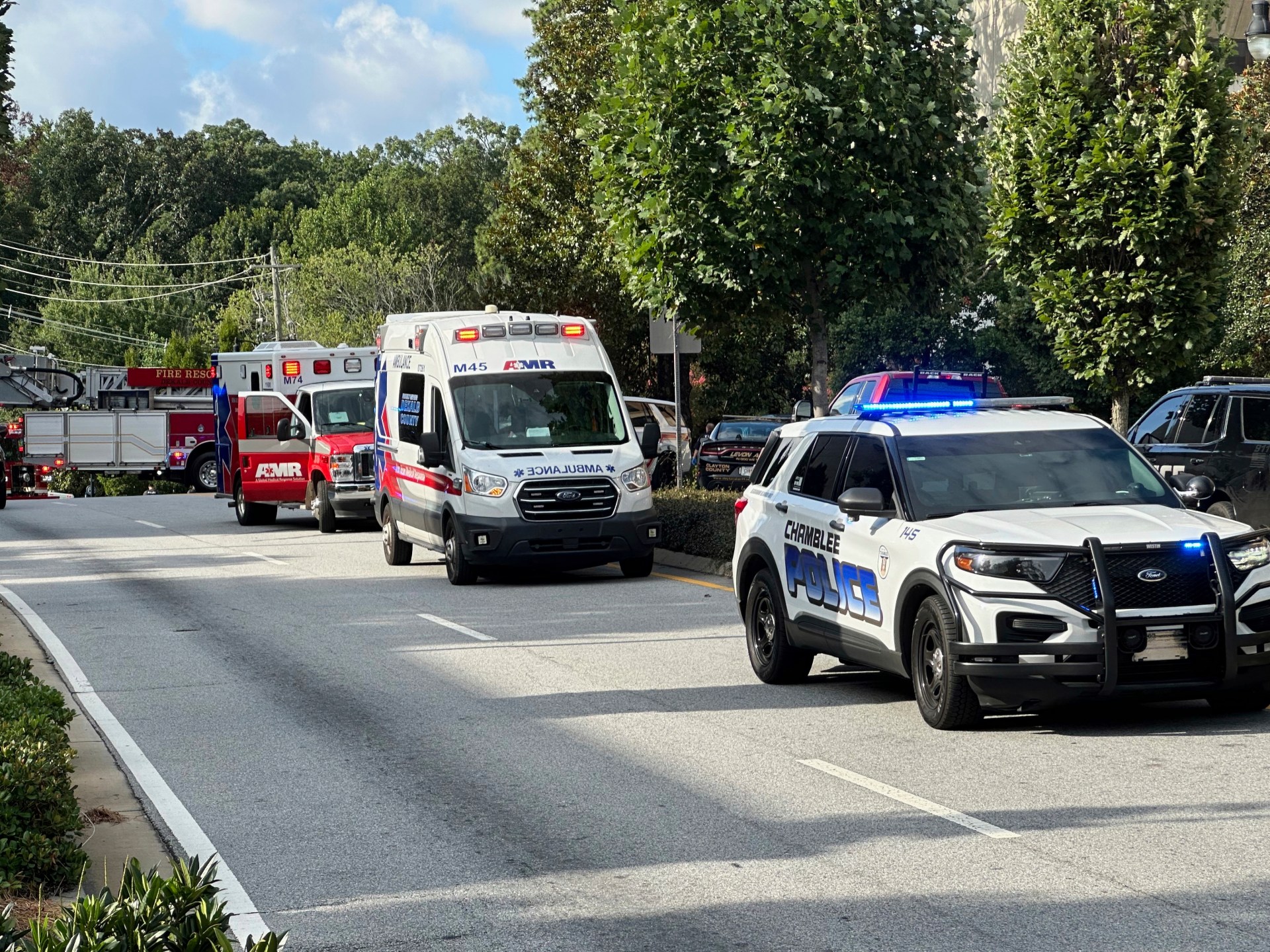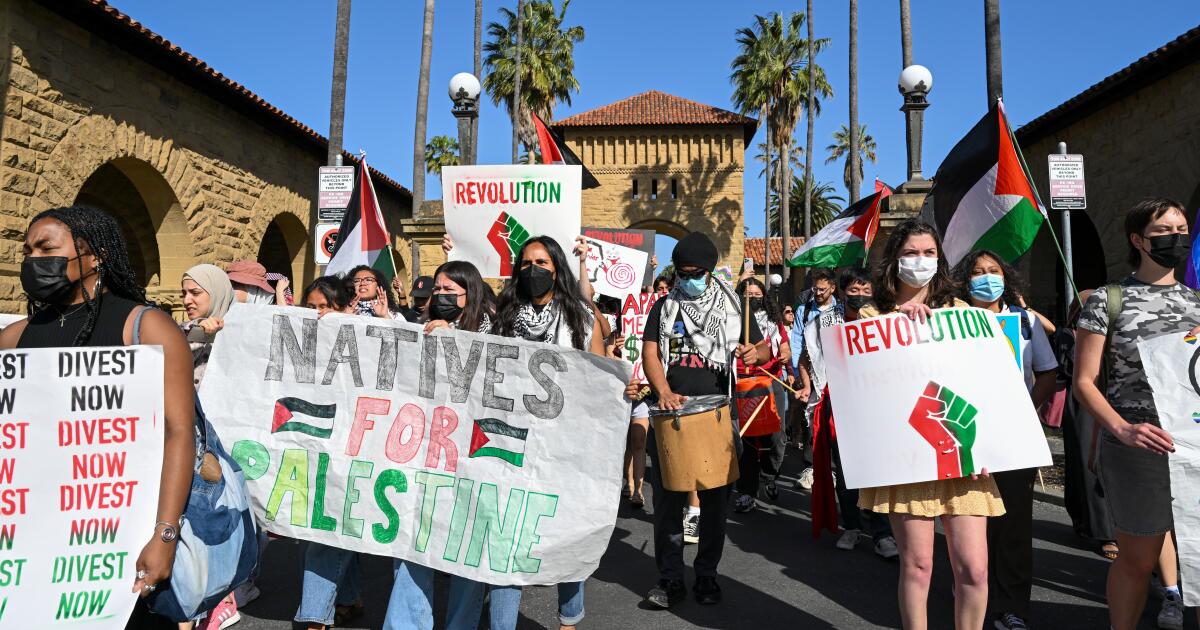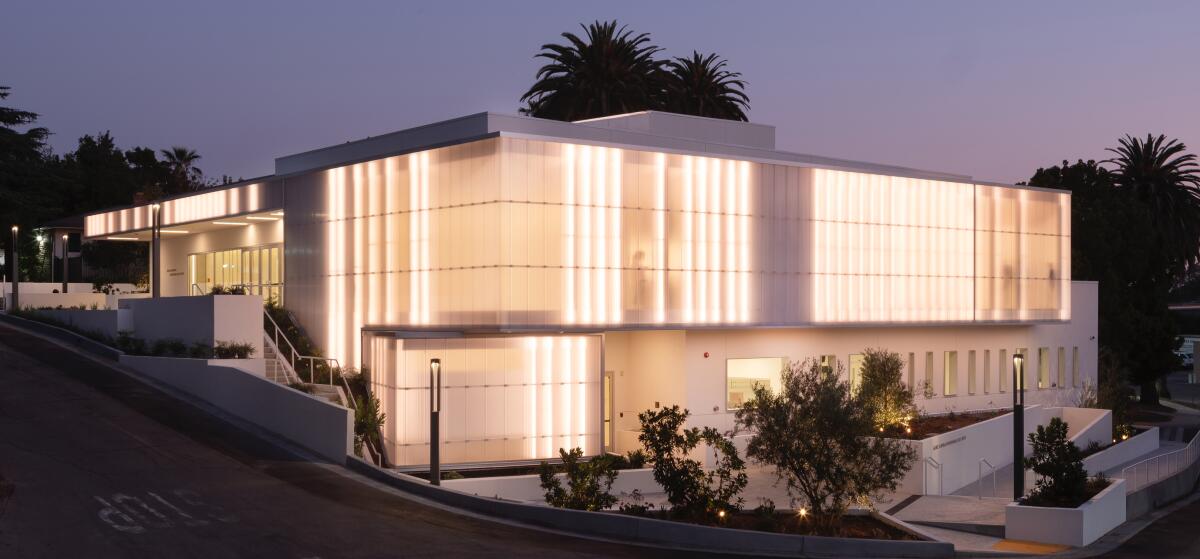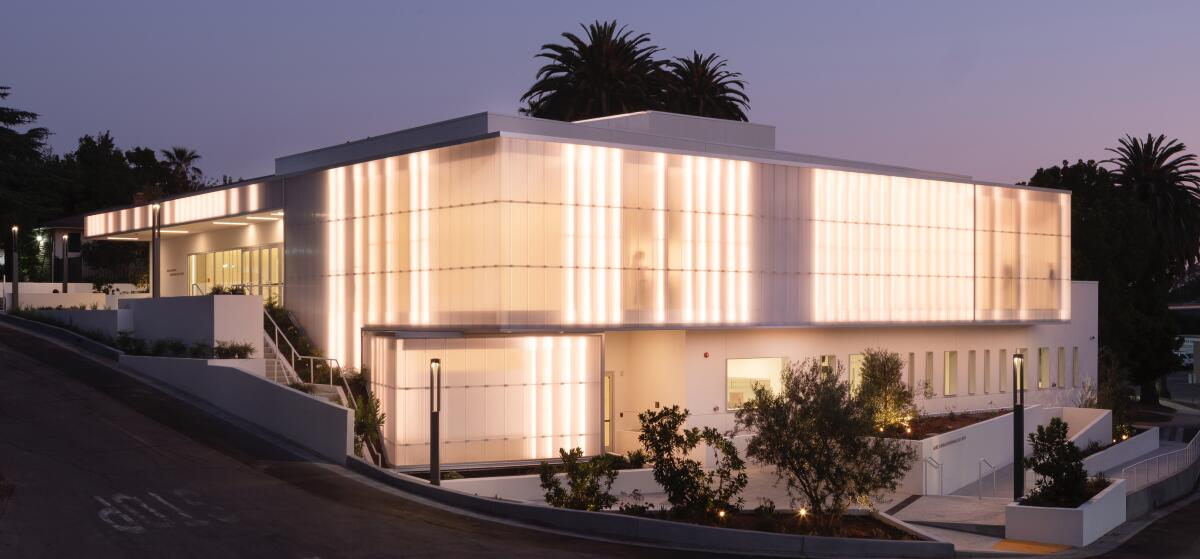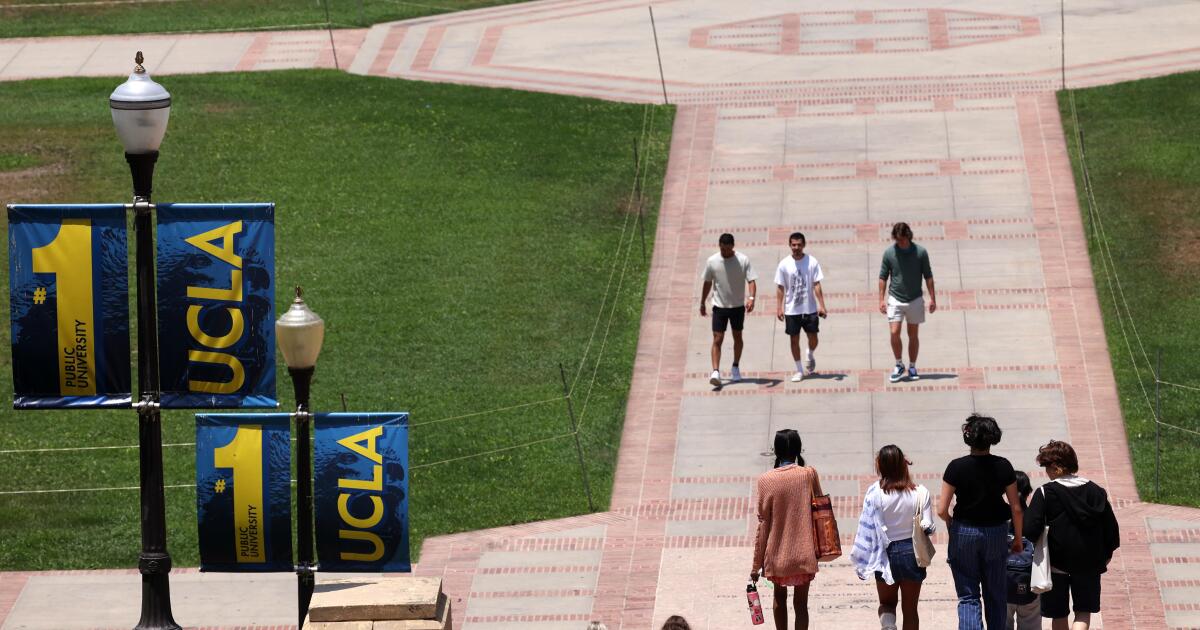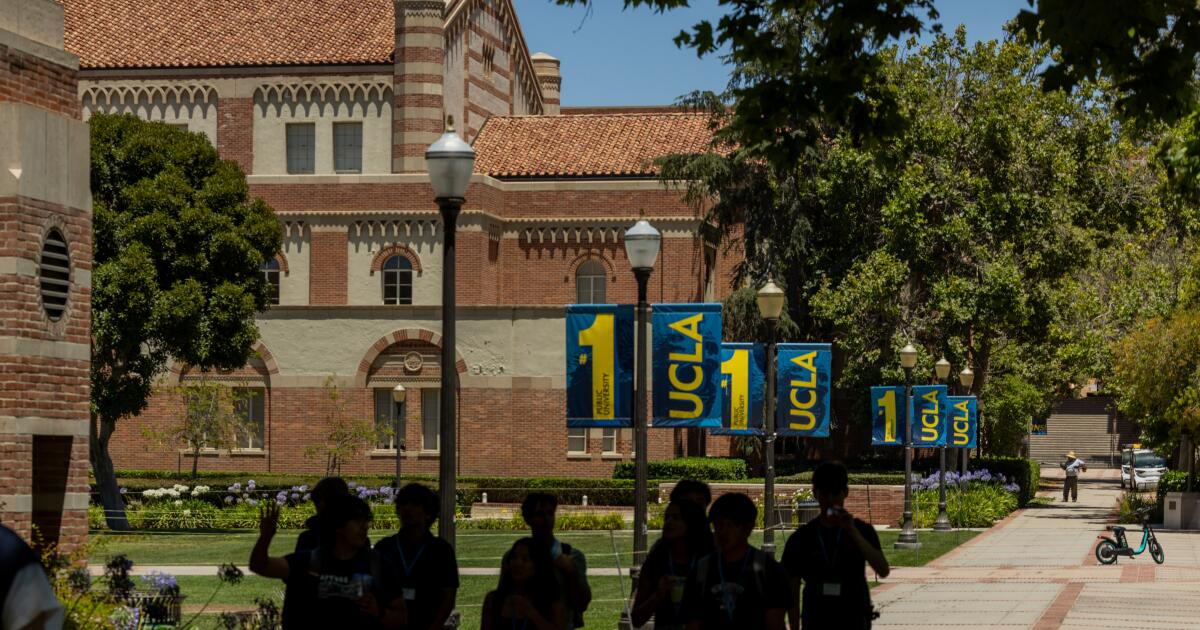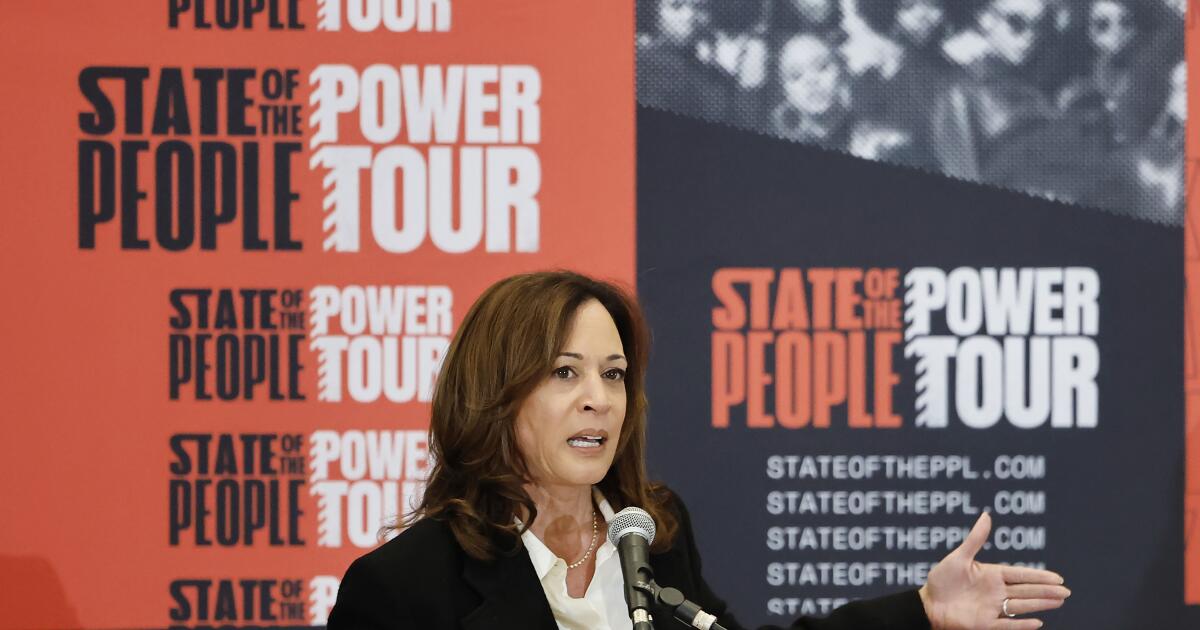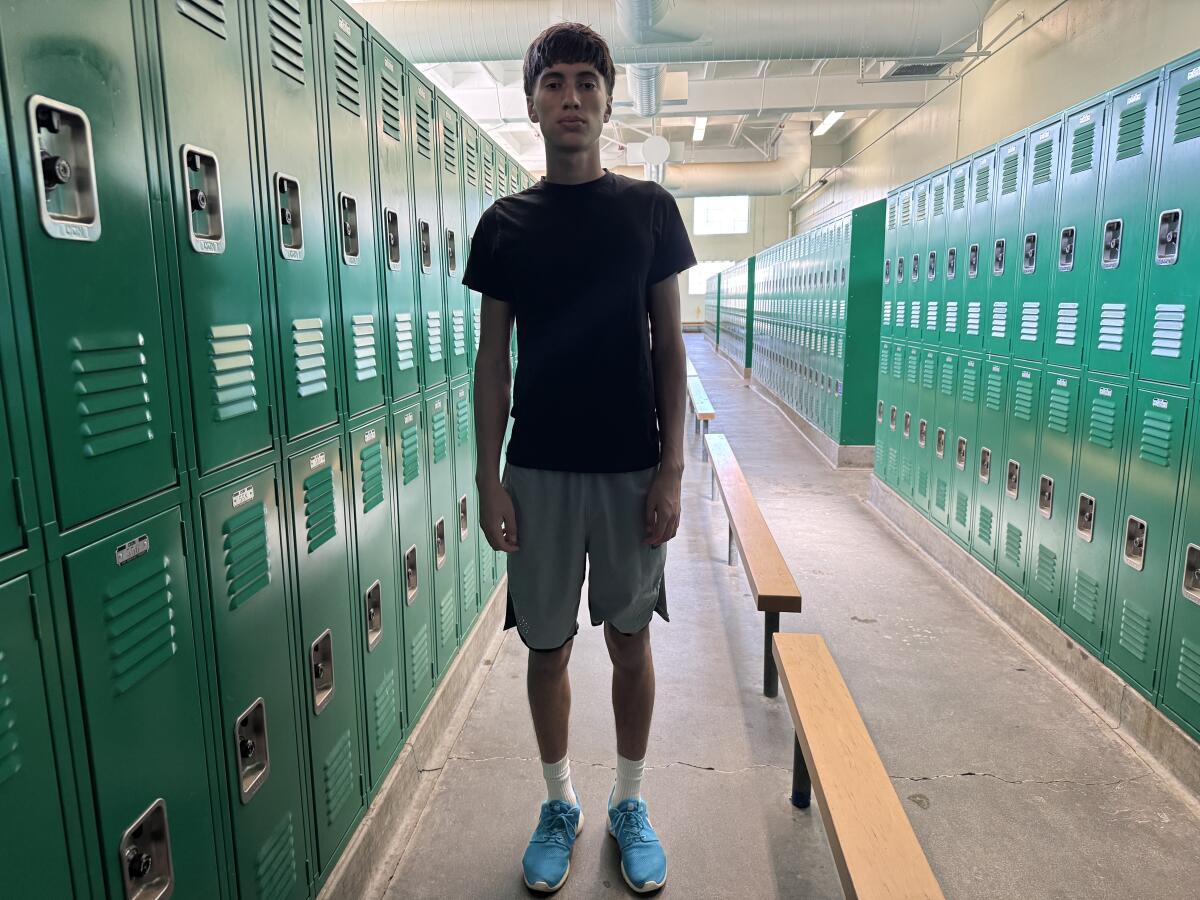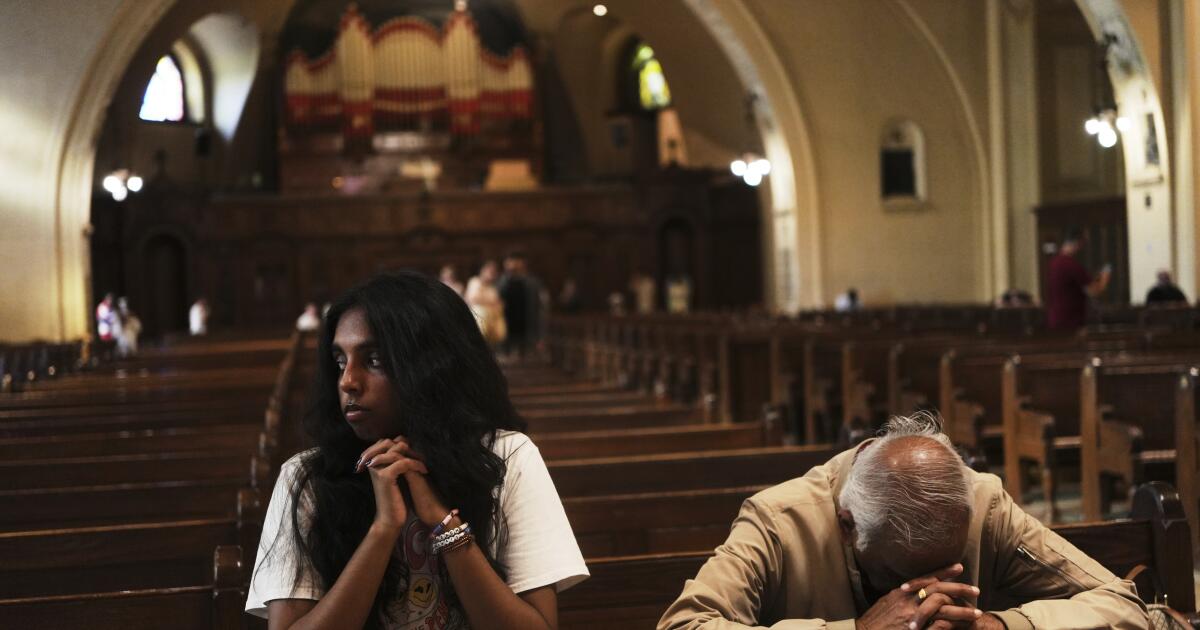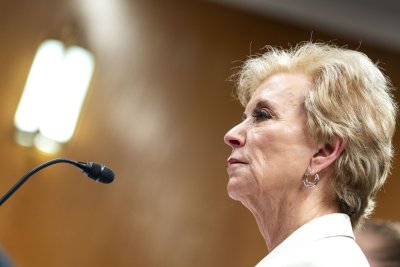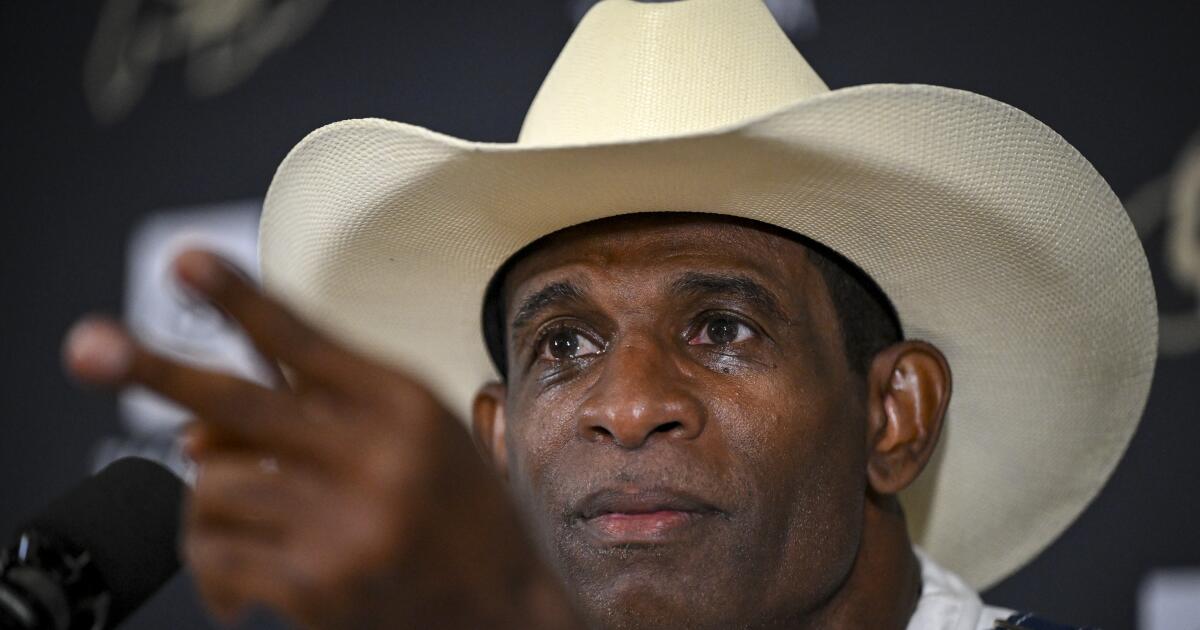Resnicks’ Wonderful shutters farm the UFW sought to unionize
One of California’s largest agricultural employers plans to close a Central Valley grape nursery by the end of the year after laying off hundreds of employees, including many supportive of a United Farm Workers effort to unionize the workforce.
Wonderful Co., owned by billionaires Stewart and Lynda Resnick, plans to shut down the majority of the nursery in Wasco, northwest of Bakersfield, and donate the farm to UC Davis, representatives for the company and the university confirmed this week.
The move comes as Wonderful Nurseries remains locked in a battle with the UFW after the union last year petitioned to represent workers growing grapevines, using a new state “card check” law that made it easier for organizers to sign up workers. Company officials said their decision was unrelated to that.
“The decision to wind down Wonderful Nurseries was purely a business decision and in no way, shape or form related to our ongoing litigation with the UFW or the fraud so many farm workers reported by the union,” Wonderful Co. spokesman Seth Oster said.
In February, Wonderful Nurseries President Rob C. Yraceburu said in an email to employees that the state’s agricultural industry has seen tens of thousands of orchard and vineyard acres abandoned or removed. The table and wine grape industry is in a major downturn, meaning nurseries such as theirs have seen “significantly decreased sales and record losses, with no expectation of a turnaround anytime soon.”
Yet some labor experts and Wonderful employees are questioning the timing of the layoffs, which started just five months after the UFW won a key legal victory in its effort to organize the workforce.
Victor Narro, a labor studies professor at UCLA, said the closure and donation to UC Davis should be scrutinized.
“The question is, what’s the reason they’re doing it?” he said. “Is it really, in the end, to avoid unionization of the workforce? Or is it really that they’re making a sound financial decision?”
The UFW has not directly accused the Resnicks of retaliating against workers supportive of the union by closing the farm. But it has raised questions about the timing of both the layoffs and this week’s confirmation the nursery would be closed.
The entrance to Wonderful Nurseries on March 25, 2024, in Wasco, Calif.
(Robert Gauthier/Los Angeles Times)
At its seasonal peak, the 1,400-acre nursery employs about 600 workers who would have been part of the bargaining unit, but now only 20 still work at the facility, said Elizabeth Strater, director of strategic campaigns for the union. Overall, about 100 employees now work there, according to the company.
Yraceburu told employees there will be a phasedown in shutting the grape nursery. Workers, including those employed by farm labor contractors, will have an opportunity to apply for other Wonderful worksites, he said. A company spokesman said no other Wonderful farm is facing a similar reduction in workforce.
The nursery has been operating at a significant loss for several years, Oster said, but he did not say for how long or just how much it has lost.
It was not immediately clear whether UC Davis will recognize the farmworkers union once the university takes control of the nursery.
In a statement, UC Davis spokesperson Bill Kisliuk said the university is grateful for the gift, which includes the Wasco facility combined with a $5-million startup donation. The university will form an implementation committee to plan the use of the facility, Kisliuk said.
Although the university has a long history of respecting labor agreements, he said, the academic use of the site will be significantly different from the current commercial operation.
“This gift expands and builds upon one of the world’s leading agricultural research programs and will catalyze discovery and innovation,” he said. “We look forward to working with the Wonderful Company to successfully transfer the Wasco facilities and property to the University later this year.”
The Resnicks are big donors to state politicians and charities, but their philanthropy has been the target of recent union organizing efforts. In late July, UFW and other labor organizers gathered outside the Hammer Museum, the recipient of more than $30 million in donations from the Resnicks, who have a building named after them. The gathering came after the union released a video that appeared to show a Wonderful employee paying other workers to participate in an anti-union protest.
In the video, the worker, who has been a forefront anti-union advocate and has organized protests, is seen handing out $100 bills from the trunk of a car and encouraging workers to sign a sheet. In a separate video, she can be heard saying that she was directed to first feed everyone, hand out $100 and then they would receive an additional $50.
The unedited versions of the videos were shown during a hearing before an administrative law judge for the state Agricultural Labor Relations Board, where Wonderful Co. has challenged the UFW’s petition to represent the nursery employees. The board oversees collective bargaining for farmworkers in the state and also investigates charges of unfair labor practices.
Wonderful Nurseries in Wasco.
(Robert Gauthier/Los Angeles Times)
Now that Wonderful is closing its Wasco grape nursery, it is unclear what will happen in the proceedings, because there will soon be no workers to unionize. But the board could issue a ruling that would affect future disputes.
The UFW and Wonderful Co. have traded accusations over the last year: The company accused the union of using $600 in COVID-19 federal relief funds to trick farmworkers into signing the authorization cards. The company submitted nearly 150 signed declarations from nursery workers saying they had not understood that by signing the cards they were voting to unionize.
The UFW has rejected those accusations and, with the video, is suggesting that workers were paid to protest against the unionization effort at the height of the back-and-forth a year ago.
Rosa M. Silva, a Wonderful Nurseries worker for the last six years, said tensions have long been running high at the nursery, with some co-workers saying they don’t have a right to ask for raises or benefits. She said she believes that the company would rather shut down the nursery to avoid negotiating with them, a claim that Wonderful has forcefully rejected.
In July, Silva took a day off work and rallied outside the Hammer Museum. Protesters handed out fliers that read: “Tell Wonderful Company’s billionaire owners: Respect the farm workers. Stop spending money fighting the United Farm Workers.”
“This is my message to the Resnicks: if you can give millions to this art museum, which a majority of your workers will never visit, why can’t you also pay your workers something fair?” she said at the protest. “If you care so much about being respected by artists and lovers of art, why can’t you respect the people who plant, grow and harvest the products you sell?”
The UFW filed its petition with the labor board in February last year, asserting that a majority of the 600-plus farmworkers at Wonderful Nurseries in Wasco had signed the authorization cards and asking that the UFW be certified as their union representative.
At the time, it appeared to be the UFW’s third victorious unionization drive in a matter of months — following diminishing membership rates over the last several years.
Under the law, a union can organize farmworkers by inviting them to sign authorization cards at off-site meetings without notifying their employer. Under the old rules, farmworkers voted on union representation by secret ballot at a polling site designated by the state labor board, typically on employer property. The state law has since revitalized the union’s organizing efforts, and it has gone on to organize other farms.
Wonderful has sued the state to stop the card-check law. A ruling by a Kern County Superior Court judge that found the certification process under the card-check law as “likely unconstitutional” was superseded in October by an appellate court, which is still reviewing the case.
Ana Padilla, executive director of the UC Merced Community and Labor Center, said the Central Valley has been blanketed with anti-union messaging ever since the passage of the card-check law.
She also questioned the timing of shutting down the Wasco nursery. “Layoffs, store closures and offloading organized worksites are all part of the anti-unionism playbook,” she said.
This article is part of The Times’ equity reporting initiative, funded by the James Irvine Foundation, exploring the challenges facing low-income workers and the efforts being made to address California’s economic divide.

